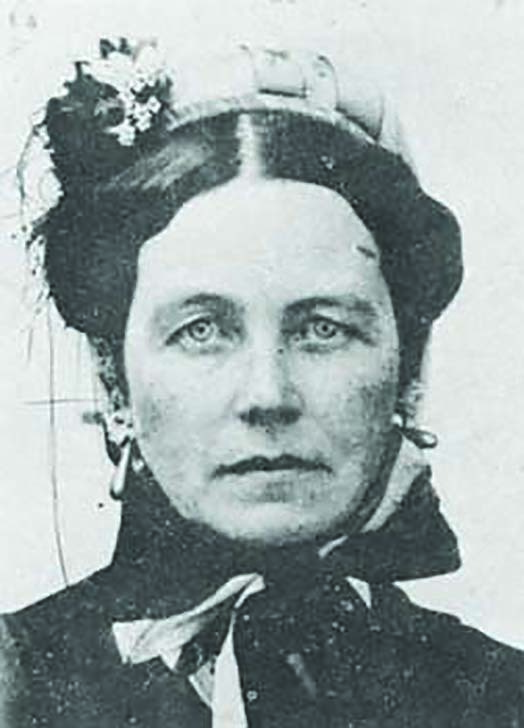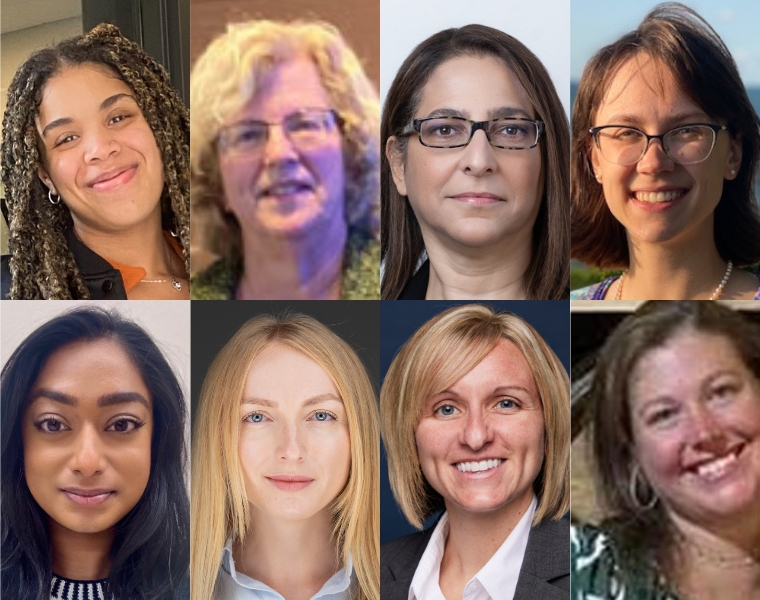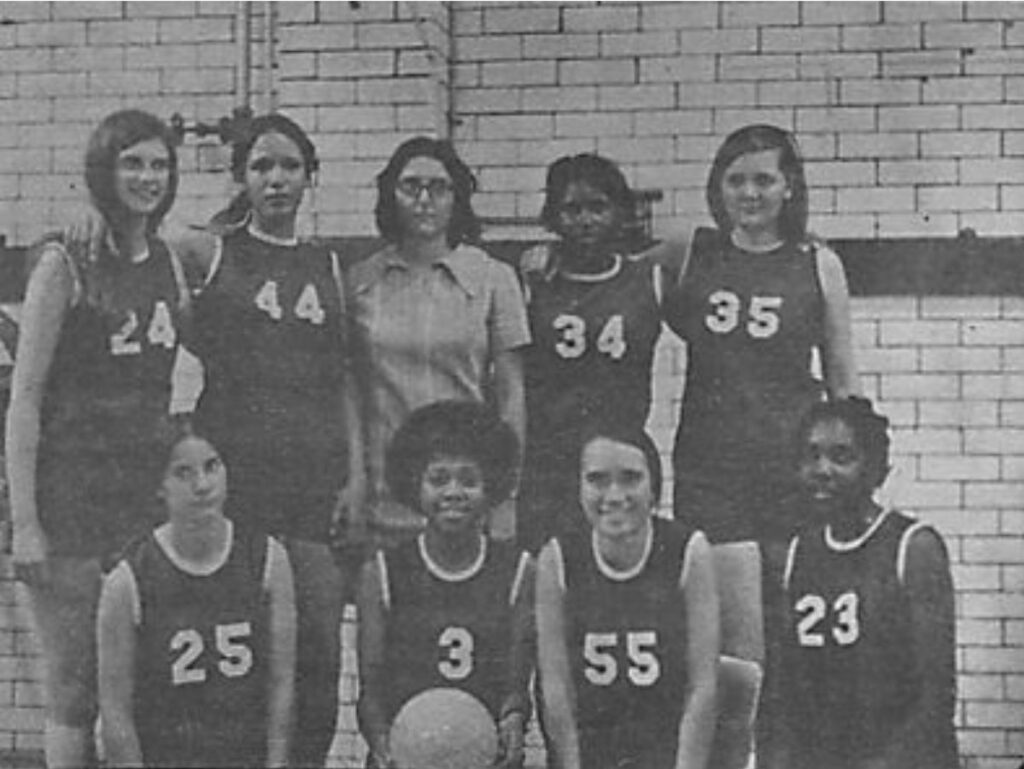As Case Western Reserve University approaches its 200th birthday, a year-long bicentennial celebration is officially underway—one that encourages reflection on the university’s extensive history and even more promising future. No such celebration is complete without appreciation of women’s accomplishments, each vital to shaping CWRU’s reputation for innovation in education and research.
Women’s History Month—recognized each March since the 1980s—offers an ideal opportunity to look back on women’s countless impacts in Case Western Reserve’s past and present, from the university’s origins as the Flora Stone Mather College for Women, to the efforts of today’s Flora Stone Mather Center for Women and student groups such as those in the Women’s Coalition.
Get to know just a few of women’s impacts at CWRU in areas ranging from academics to athletics. Then, take a deep dive into CWRU’s past on the official bicentennial website and see what insights historian Einav Rabinovitch-Fox shared earlier this month on women’s influence across the centuries.
Blazing academic trails

Photo credit: Digital Case
Countless women at Case Western Reserve are preparing to take part in May’s commencement celebrations, but women haven’t always been in the ceremony’s marching order.
In 1852, Nancy Talbot Clark became the first woman to graduate from Western Reserve University’s 9-year-old medical school—a major accomplishment, as the first woman to receive a medical degree from an American medical school happened just three years prior.
It wasn’t until 24 years later—50 years after the establishment of Western Reserve University—that Viola Smith Buell became the first woman to graduate from Western Reserve University in 1876.
Learn more about Clark, Buell and the many other women who broke glass ceilings in our past on the bicentennial website, then take a deeper dive into the history of the university’s School of Medicine.
Driving research and innovation
On their journeys to earning degrees—and as world-class members of our faculty and staff—women at CWRU have driven countless research projects and innovative breakthroughs. Last month, The Daily highlighted eight women at CWRU who are paving the way for greater inclusivity in STEM fields, where women have historically been underrepresented.

Julie Gerberding (WRC ’77, MED ’81)—one of the first women of CWRU recently spotlighted by the Alumni Association and incoming chair of the Case Western Reserve Board of Trustees—offers just one example of an alumna whose career blazed trails. She was the first woman to direct the U.S. Centers for Disease Control and Prevention, overseeing a $10 billion budget with a workforce of 15,000 people in more than 45 countries.
Women are leading the way in the humanities as well, with accomplishments stemming back to appointments such as Margaret H. Johnson’s (SAS ’19), who served as the first woman dean of what is now the Jack, Joseph and Morton Mandel School of Applied Social Sciences from 1950 to 1958. Earlier this month, we spotlighted three women staff members at the Mandel School who are making a difference in the field of social work today.
Paving the way in athletics
Until Title IX passed in the United States in 1972, women faced extensive hurdles if they wished to access sports at the collegiate level. At CWRU, volleyball was the first varsity sport to open doors for women’s participation, followed shortly after by the establishment of a women’s basketball team.

Photo credit: Digital Case
Women soon began winning varsity letters from CWRU, led by golfing champion Claire Doran Stancik whose accomplishment landed her in the Case Reserve Athletic Club Hall of Fame in 1982.
Today, women Spartans continue to chart new territory in sports including basketball, cross country, soccer, softball, swimming and diving, tennis, track and field and volleyball. The Daily highlighted five such student-athletes last month in recognition of National Girls and Women in Sports Day, which specifically celebrates their impact and accomplishments while highlighting the ongoing push for gender equity in athletics.


